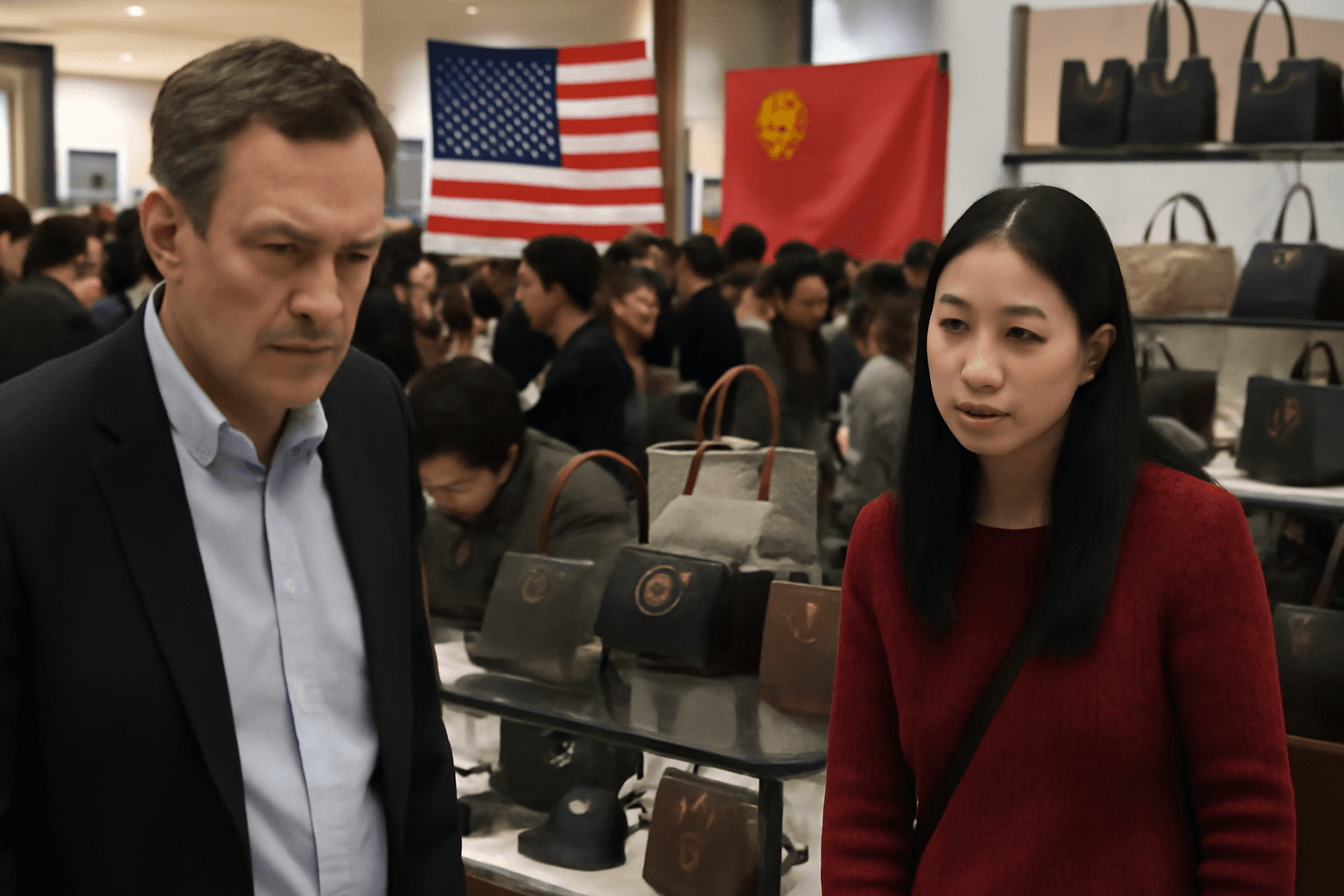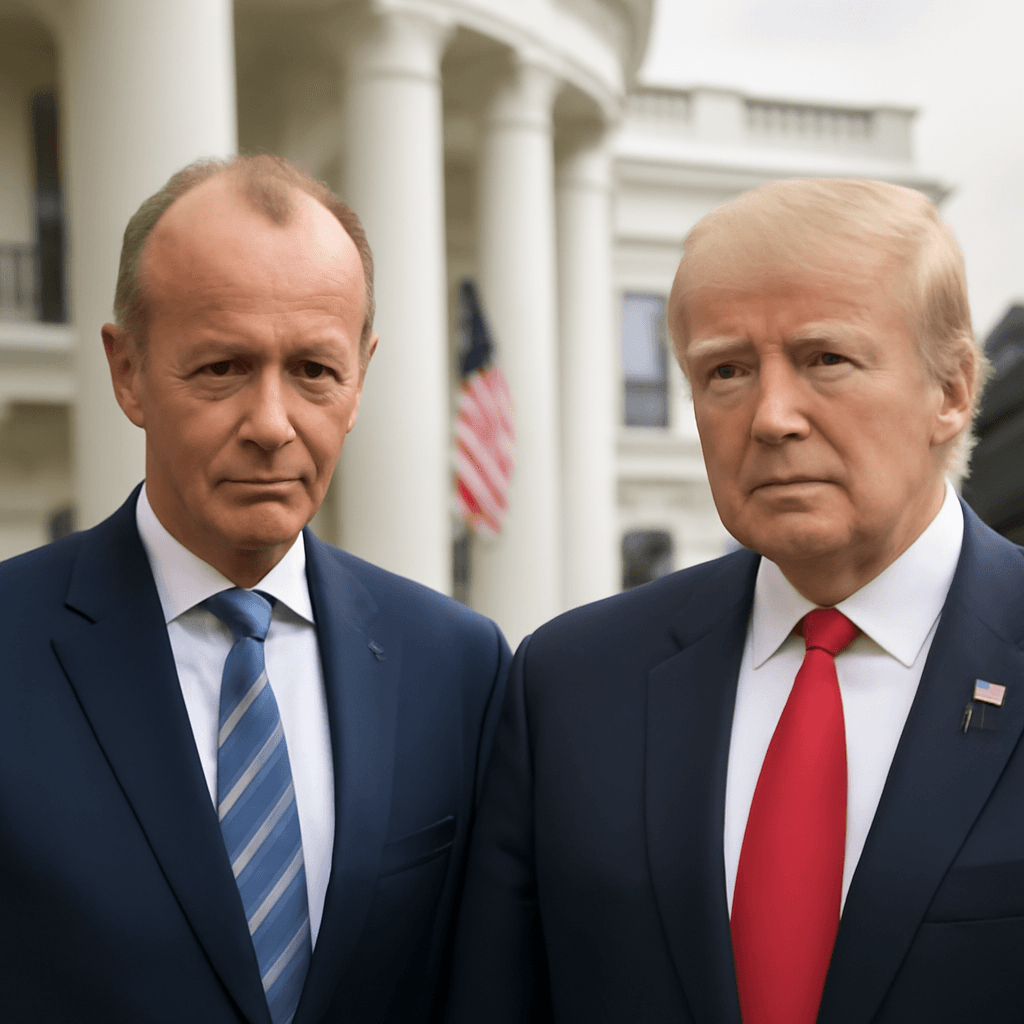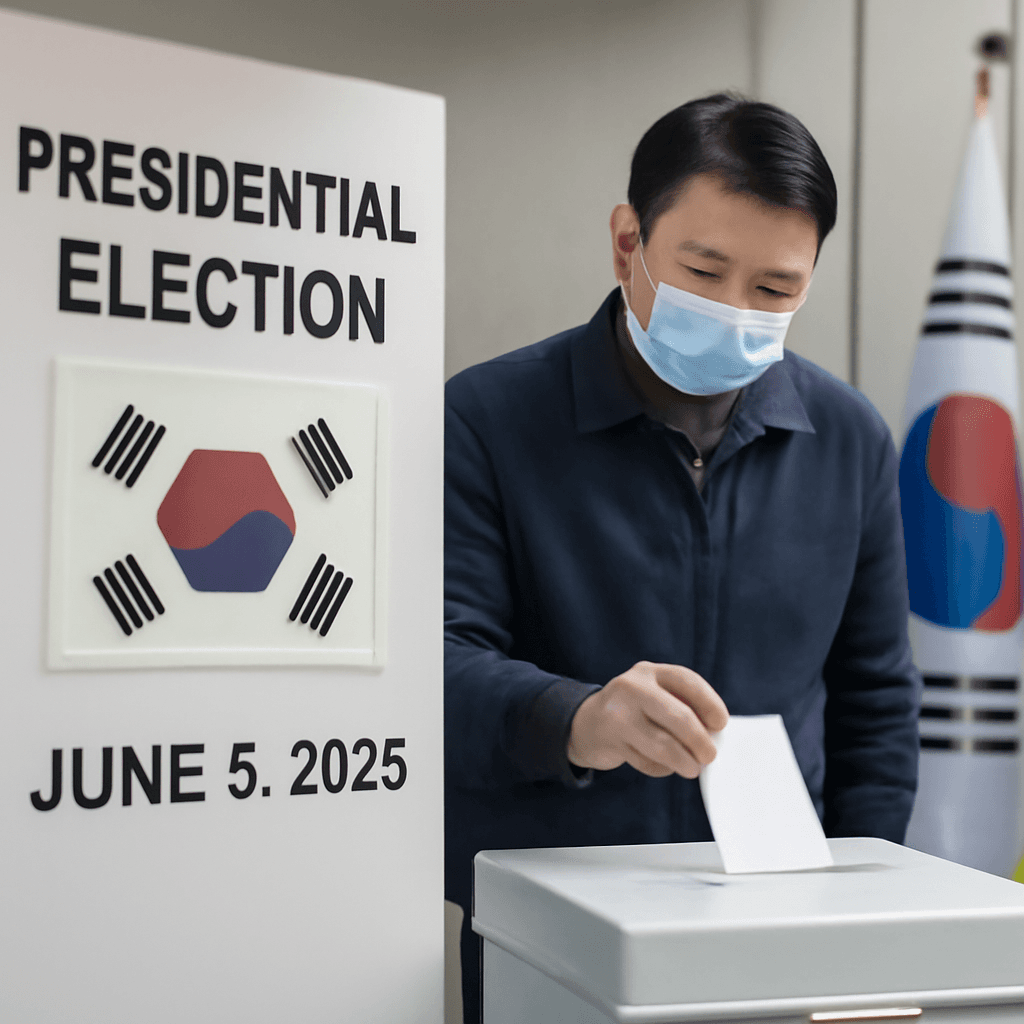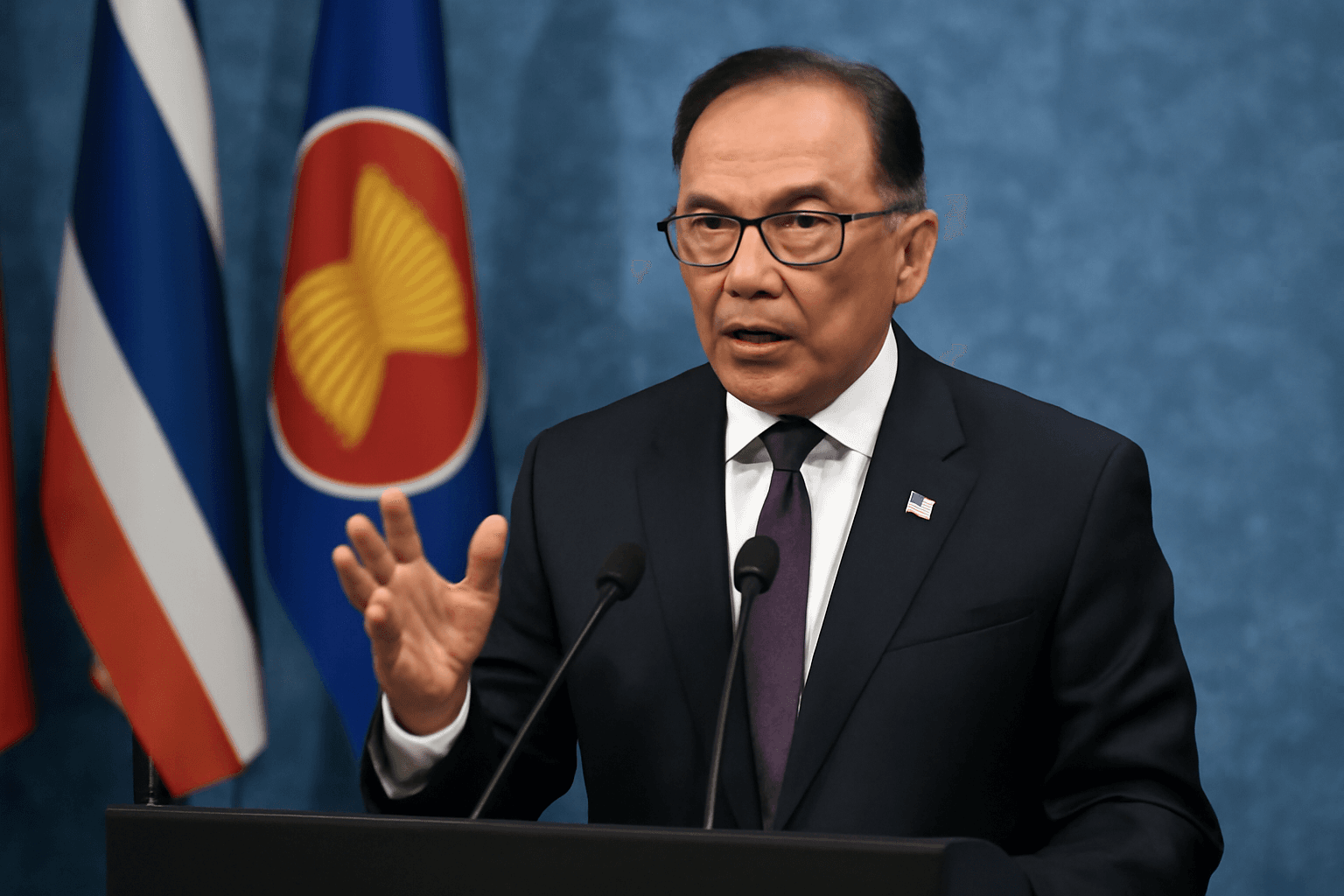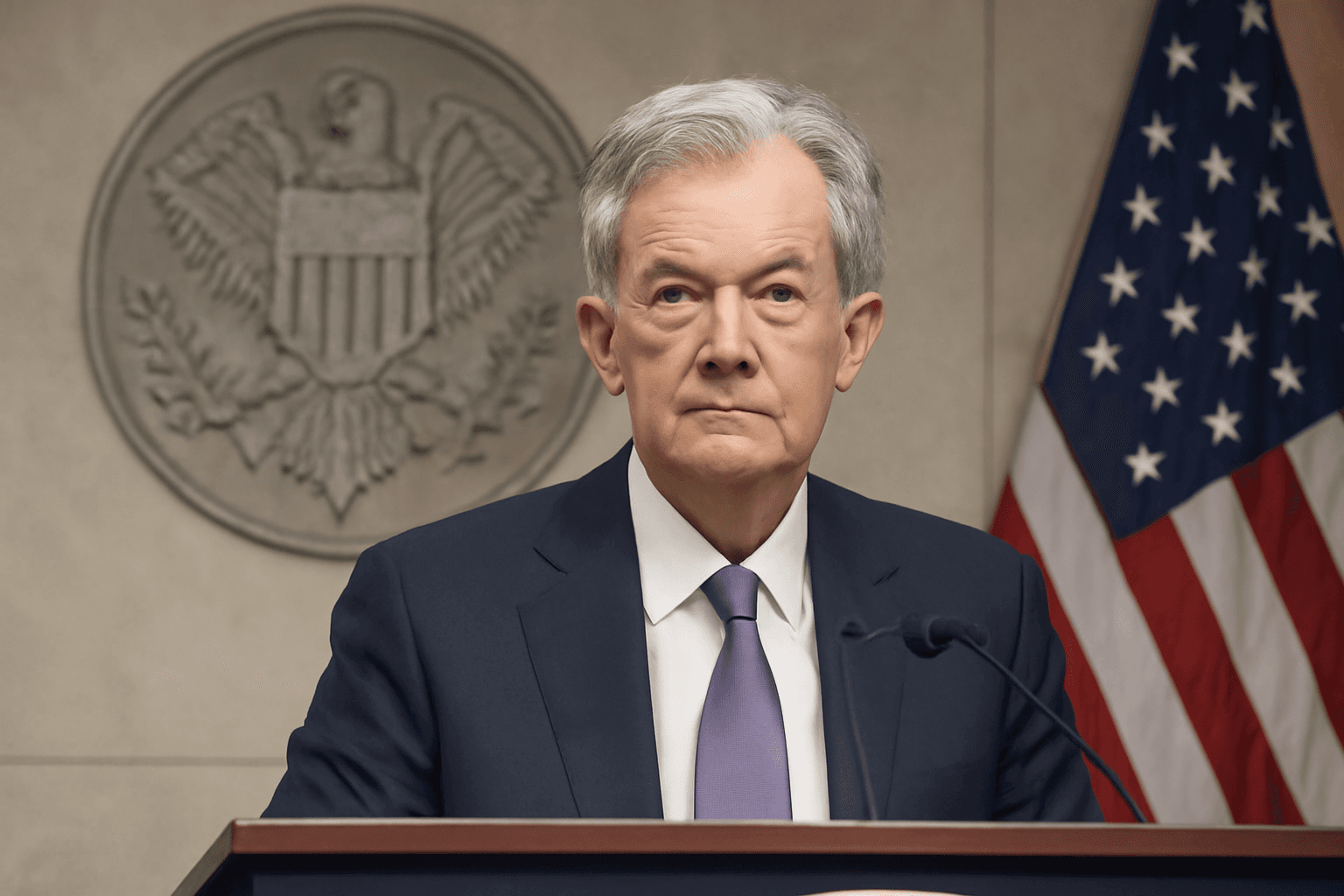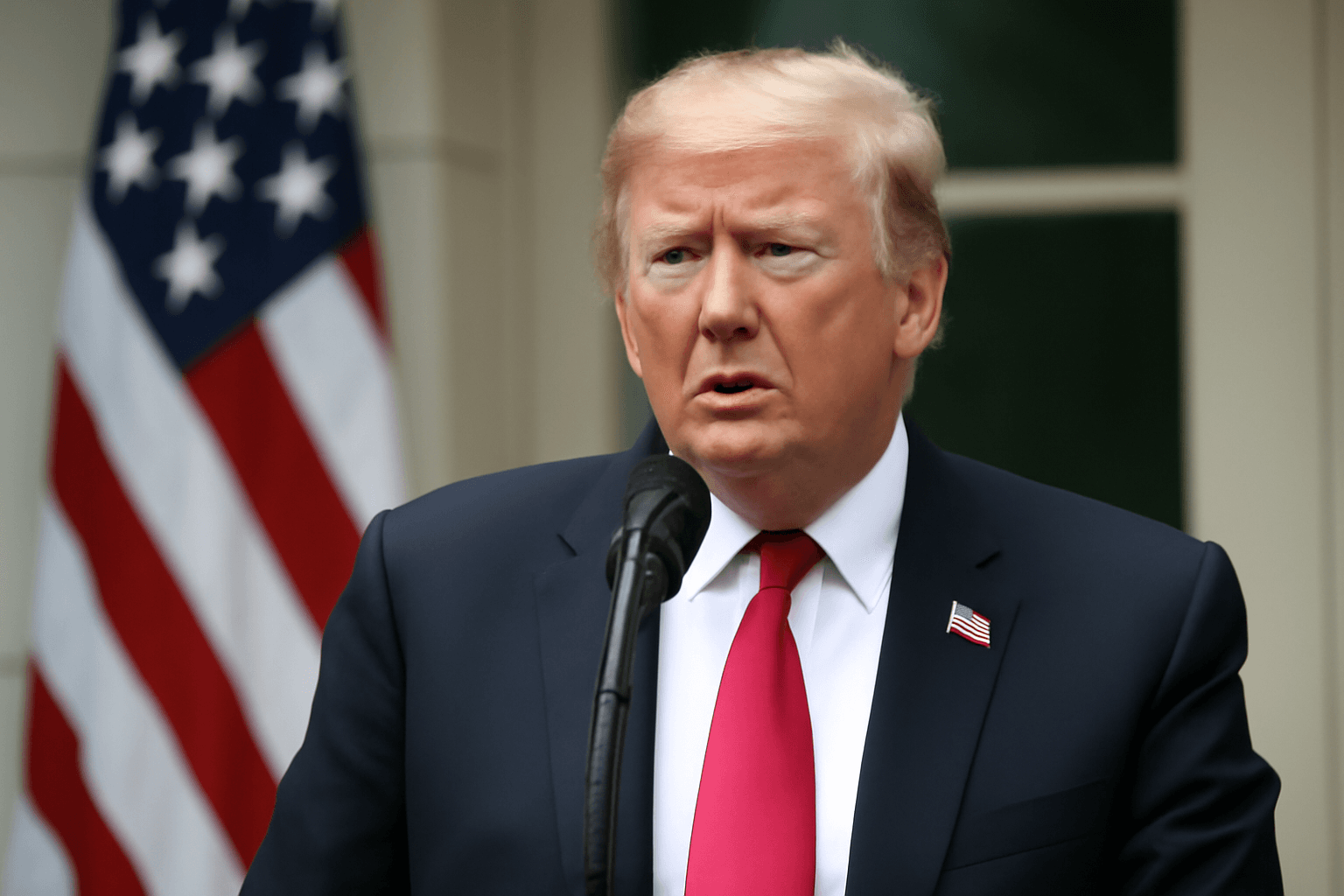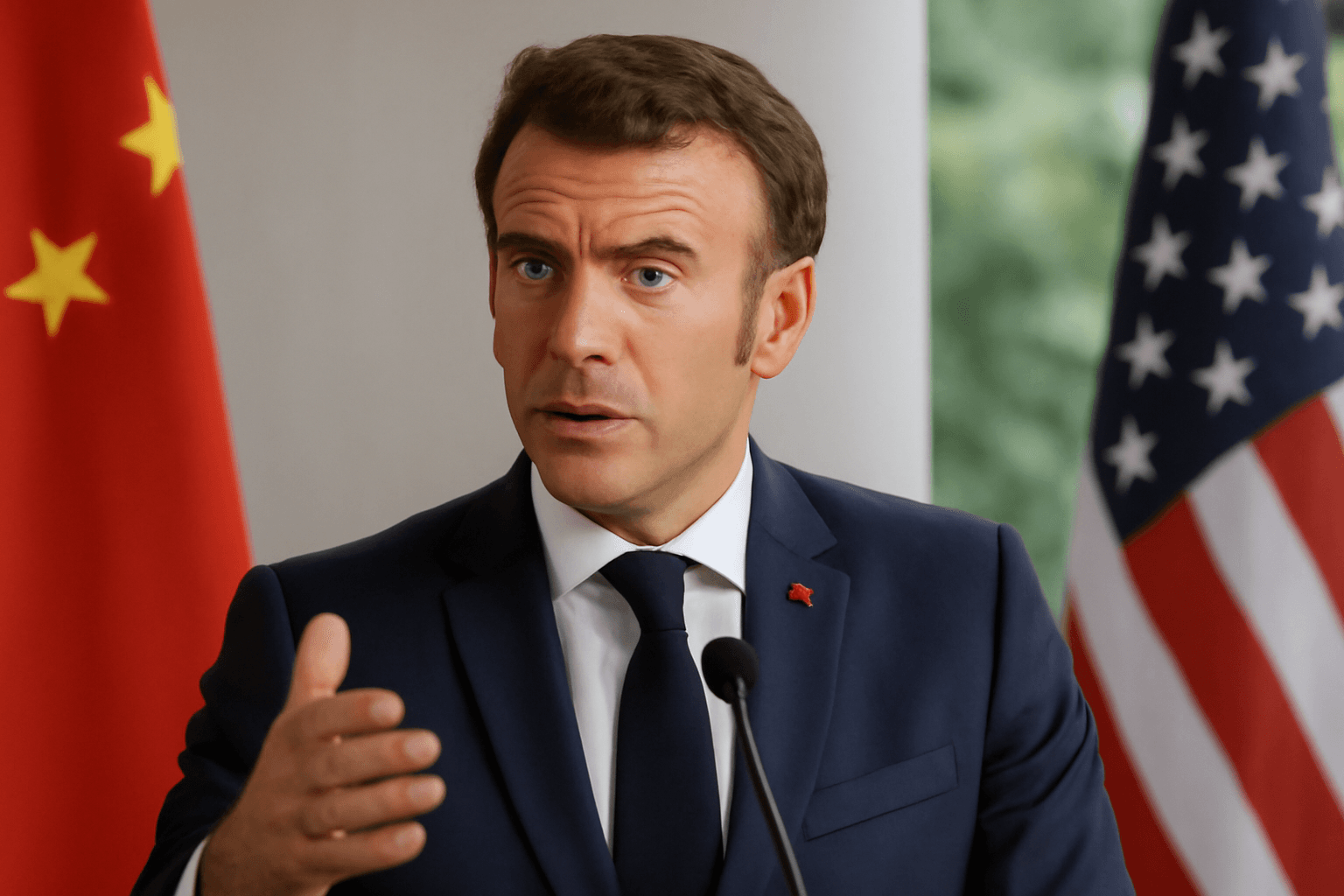The world's two largest economies recently agreed to pause reciprocal tariffs for 90 days, signaling a significant step back from an escalating trade war after high-level discussions in Geneva. However, a wave of digital misinformation is proliferating on social media platforms, particularly on China's Douyin and Weibo, threatening to destabilize this fragile truce.
A viral video falsely portraying American consumers panicking to buy Chinese-branded televisions — which actually features older footage from a Black Friday sale in 2018 — has garnered millions of views. This distortion was further propagated by Chinese state media, with headlines exaggerating American buying behaviors.
Claims alleging that Americans are traveling to China en masse to shop for Chinese products or hoarding supplies due to economic pressures have also surfaced. Andrew Mertha, director of the SAIS China Global Research Center at Johns Hopkins University, emphasized that these narratives may be orchestrated by the state to align public opinion with government strategies, insinuating that the U.S. is suffering economically from the trade conflict.
U.S. President Donald Trump's tariff policies have intensified uncertainty among investors and destabilized global markets. Following the truce established on May 12, the U.S. has reduced tariffs on Chinese imports from 145% to 30%, while China lowered its import duties on American products from 125% to 10%.
Despite the distractions posed by misinformation, American consumers appear largely unaffected. Vivian Wei, a content creator in Chicago, reported receiving inquiries from friends in China about shortages in the U.S., prompting her to visit local supermarkets where she found shelves fully stocked. Meanwhile, she noted a growing excitement among Chinese consumers fueled by online narratives.
Recent investigations by disinformation security firm Cyabra uncovered an anti-U.S. agenda on social media platforms like X (formerly Twitter), involving thousands of fake accounts that targeted luxury brands and spread false claims about their production processes in China. Dan Brahmy, CEO of Cyabra, characterized this operation as a digital campaign that adeptly shifted consumer sentiment while often avoiding scrutiny.
As trade negotiations continue, experts predict that such misinformation will persist and evolve, closely mirroring the dynamics of U.S.-China relations.

